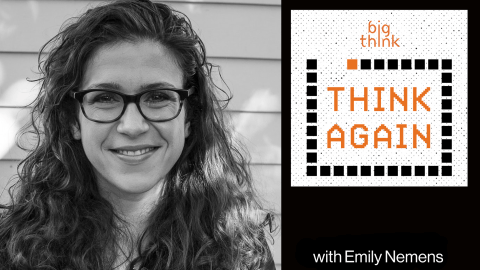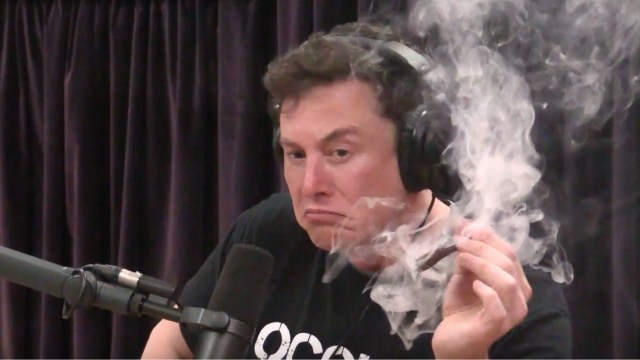Emily Nemens (Editor, The Paris Review): The literary industrial complex

I have a confession to make: Literary magazines have always kind of intimidated me. Give me an 800 page, impenetrable work of literature any day. Like Captain Ahab, I’ll pursue it relentlessly unto the ends of the earth until it unfolds its briny secrets. But facing a shelf of lit mags at The Strand Bookstore, I always feel either underdressed or overdressed. Like a dream where you’re naked at the Vienna Opera or in head-to-toe Ralph Lauren at a Sonic Youth concert. Maybe all this started when I wrote a poem on the back of a napkin about a butterfly that “split into bloom from the lip of a rock.”, sent that napkin to the offices of the NYU Violet or whatever it was called, and they somehow failed to publish it.
I’d keep this between me and my therapist, but I bet I’m not alone here. And yet—the literary-magazine-industrial-complex is where so many of our greatest writers first see print. The Paris Review, for example, which first appeared in spring 1953, has published Adrienne Rich, Ralph Ellison, Zadie Smith, Ali Smith, Vladimir Nabokov, Philip Roth, and the list goes on and on and on. And if you can get over yourself and actually read it, it’s pure pleasure. It’s an immersive, eclectic refuge from the business and the busy-ness of the world.
This summer, Emily Nemens was named the new editor of The Paris Review. She’s a poet, short story writer, essayist and illustrator who previously co-edited the Southern Review. At 34, she’s a fresh new steward for the this venerable old literary gatekeeper. And it’s an opportune moment to ask, or re-ask the questions: who is a literary magazine for, what is it supposed to do, and how can it do that better?
Surprise conversation-starter clips in this episode:
Miki Agrawal on pushback against marketing for women
Vicki Robin on how the economy grew beyond its natural bounds
About Think Again – A Big Think Podcast: Since 2008, Big Think has been sharing big ideas from creative and curious minds. Since 2015, the Think Again podcast has been taking us out of our comfort zone, surprising our guests and Jason Gots, your host, with unexpected conversation starters from Big Think’s interview archives.
You’ve got 10 minutes with Einstein. What do you talk about? Black holes? Time travel? Why not gambling? The Art of War? Contemporary parenting? Some of the best conversations happen when we’re pushed outside of our comfort zones. Each week on Think Again, we surprise smart people you may have heard of with short clips from Big Think’s interview archives on every imaginable subject. These conversations could, and do, go anywhere.
Come talk to us on Twitter: @bigthinkagain





